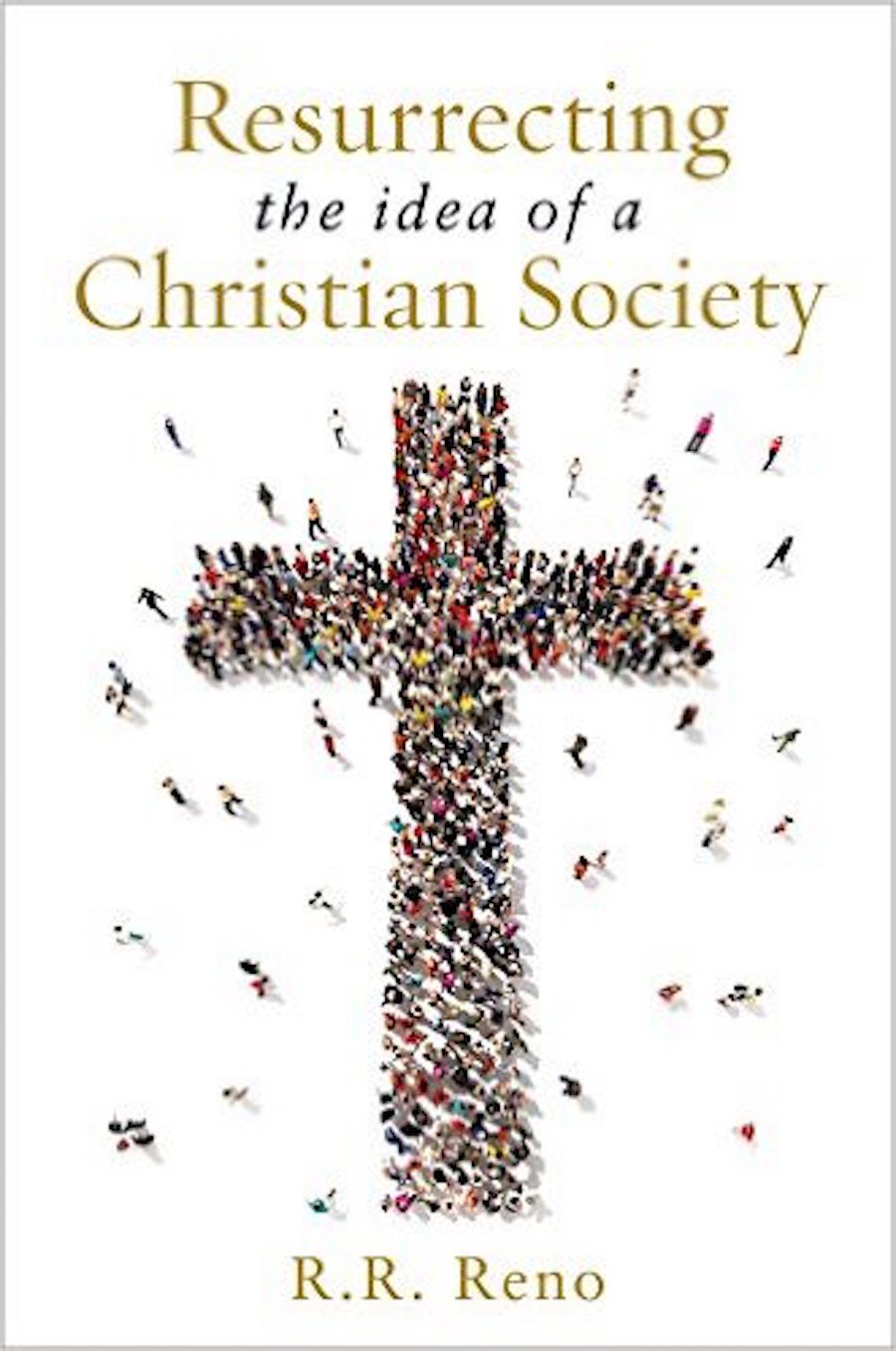A few weeks ago I noticed the Video Music Awards was being broadcast for the 33rd consecutive year. I figured it was one to miss, so I didn’t give the show a second thought until I saw Mollie Hemingway observe that while the VMAs were on, The New York Post was breaking the story that former Congressman Anthony Weiner was yet again taking lewd pictures of himself (this time including his young son) and sending them to a woman not his wife. This was Weiner’s third incident of sexting. The first one cost him his seat in Congress. The second cost him frontrunner status in the 2013 New York mayoral race. This one is apparently costing him his family.
This was a strange coincidence, mainly because it reveals a weird contradiction in American culture. On the one hand, public displays of lewdness and free-flowing sexual expressions are celebrated (such as those in the VMAs); on the other hand, a man is internet-shamed for less public lewdness and is in the process of losing everything of value he has. In his new book, Resurrecting the Idea of Christian Society, First Things editor R. R. Reno identifies and explores this profound contradiction, brought on by the recent repudiation of a Christian social order that has historically existed in America. He warns Americans the consequences are as dire as facing the loss of freedom itself.
Restoring the American Dream
Reno doesn’t argue America was, is, or should be a Christian nation. His thesis is more generous and refined. The book considers American freedom, its relation to truth, and the sinister outcomes on our society of perverting its meaning. Despite the bleakness American society faces, however, Reno is hopeful that that an authentic freedom, which gives rise to human flourishing, is still possible:
Freedom is fullest not when it serves itself but when it serves truths freely held. We need to resurrect the living power of the truths undergirding our society, many of them Christian truths, if we’re to restore and renew the American dream of freedom. (35)
Reno begins by helpfully describing how the “American dream of freedom” is understood: It’s a freedom within limits arranged by nature and by moral law; it’s found in service to the community, beginning with the family; and it’s informed by faith in the transcendent. But when freedom loses its moorings, and when its meaning and application are arbitrary, the result is absurdity and destruction. Absolute equality becomes the social standard, and this standard entails a powerful and centralized government. Such a government wields the power to coerce and usurps the role of mediating institutions, such as local civic and religious associations. Social cohesion, shared imagination, values held in common—what Reno calls “solidarity”—is threatened with disintegration.
The great irony is the progressive project of equality creates a great gulf between two classes, a ruling and a working class. Reno draws from Charles Murray’s Coming Apart: The State of White America, 1960–2010 in his analysis of the development of a postmodern social binary birthed from lifestyle freedom, inclusion, diversity, and nonjudgmentalism. The division between classes isn’t merely economic, but also cultural, moral, and spiritual. The ruling class has overturned moral authority, traditional marriage, concrete conceptions of right and wrong, love for country, and reverence for God. But the poor have borne the burden of this great repudiation. While the ruling classes have condemned traditional values with their lips, they continue living according to those traditions. The working class, by contrast, in accepting the “progressive” doctrines of nonjudgmentalism, suffers the most in terms of their economic, family, and spiritual condition.
Echoes of Tocqueville
One of the striking characteristics of Resurrecting the Idea of a Christian Society is how closely some of his themes correspond to those observed by Alexis de Tocqueville (1805–1859) in his 1835/1840 classic, Democracy in America. For example, Reno notes that “freedom, which is at the heart of the American dream, should not be confused with equality” (20). Many Americans think of freedom and equality in synonymous terms, but Reno is right to distinguish the two. Tocqueville also drew a sharp distinction between freedom and equality. For Tocqueville, equality tends toward what he called “democratic despotism,” whereas liberty checks the tendency toward despotism through the cultivation of what he called a “public spirit.” He observed this public spirit on display in the New England townships, where every person had a personal stake in the community, a vested interest in the flourishing of the whole.

Resurrecting the Idea of a Christian Society
R. R. Reno
Another parallel with Tocqueville is Reno’s discussion of subsidiarity and mediating institutions: “labor unions, Boy Scouts, PTAs, Rotary Clubs, softball leagues, and neighborhood associations, as well as churches and other religious institutions” (117). The government’s role is to encourage the development of such local bodies, or “voluntary associations,” as Tocqueville called them. The benefit of such associations to a local community is indispensable to a republic, since they bring people together to solve their own problems without having to depend on a distant magistrate. In chapter 4 of Democracy (volume 2, book 2), Tocqueville wrote, “Local freedom, then, which leads a great number of citizens to value the affection of their neighbors and of their kindred, perpetually brings men together, and forces them to help one another, in spite of the propensities which sever them.”
Optimistic Outlook
Reno is optimistic for freedom’s prospects in America, and with good reason. He reminds his readers that, “along with the synagogue, the church is the only surviving institution from antiquity” (191). We’re often told we’re living in a “post-Christian” world, but we should hasten to remember that Christians have faced social marginalization and persecution before.
There’s nothing really novel about what we as Christians are experiencing, at least if we take the long view. Reno’s wisdom should serve as a guide for 21st-century Christians living in the United States to “seek the welfare of the city” (Jer. 29:7).

































